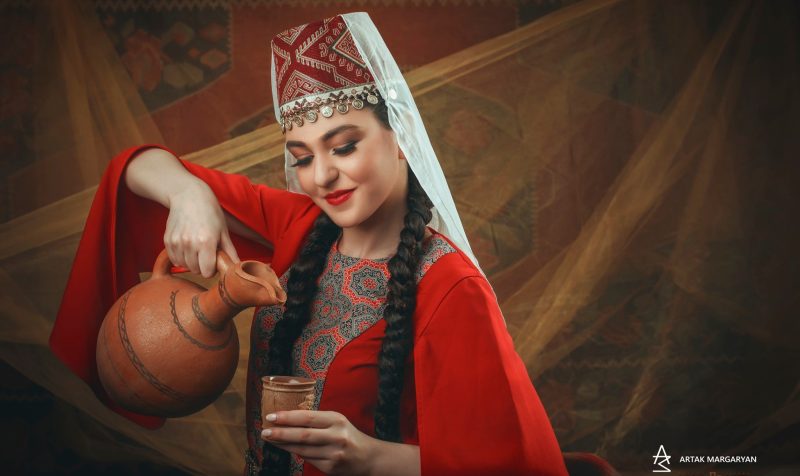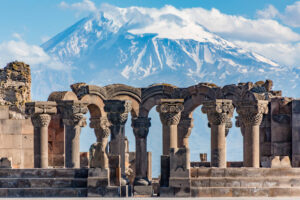Armenian last names are more than just identifiers; they are a profound link to heritage and identity, connecting Armenians around the world. Whether you’re exploring the vibrant streets of Yerevan or engaging with the Armenian diaspora, the stories behind these surnames reveal a rich tapestry of history, culture, and tradition. Let’s uncover the fascinating narratives behind Armenian last names and what they signify.
What Makes Armenian Last Names Unique?
One of the most distinctive features of Armenian last names is their typical endings: “-ian” or “-yan.” These suffixes mean “son of” or “descendant of,” creating a direct link to familial lineage. For example, if someone has the last name Poghosyan, it means they are the descendant of someone named Poghos. This tradition of naming emphasizes the importance of ancestry and familial bonds, preserving the history of each generation.
The Significance of the “-ian” and “-yan” Suffixes
The “-ian” and “-yan” endings are not merely decorative; they encapsulate the essence of Armenian identity. The most common surnames, such as Harutyunyan, Sargsyan, Hovhannisyan, Grigoryan, and Khachatryan, carry the weight of history and pride, showcasing a deep connection to one’s roots. These surnames often symbolize more than just familial ties; they reflect cultural values and traditions that have been passed down through generations.
Alternative Endings and Their Significance
While the majority of Armenian last names end with “-ian,” some families bear names with alternative endings. You might encounter surnames that end with “-nts,” “-tsi,” or even the Russianized versions “-ov” or “-ova.” These variations can indicate geographic, cultural, or historical influences, particularly in regions where Armenians coexisted with other ethnic groups, such as under Russian rule. These alternative endings provide further insight into the diverse experiences of Armenian families throughout history.
Traits Reflected in Armenian Surnames
Interestingly, Armenian last names often contain clues about the physical traits or characteristics of ancestors. For instance, the name Topalian translates to “son of a cripple,” suggesting that an ancestor may have had a noticeable disability. While modern sensibilities might view these descriptions as unusual, they provide a unique glimpse into the realities of life in historical Armenia and how families were identified.
Occupation-Based Last Names: What Do They Reveal?
Just as in many cultures, Armenian surnames can reveal the occupations of ancestors. A well-known example is Kardashian, meaning “son of a stonemason” or “someone who processes stone.” These occupation-based names reflect the livelihoods of families and the roles they played in society, offering insights into the community’s economic landscape.
Exploring Aristocratic Heritage in Armenian Last Names
Some Armenian surnames hint at aristocratic roots, even if their current bearers do not belong to noble families. Names like Pashinyan, Nakhararyan, Rshtuni, and Bakunts evoke a sense of historical significance, often associated with Armenia’s nobility or influential leaders. Carrying such names can be a point of pride, connecting individuals to a broader narrative of Armenian history.
Geographical Origins: Where Does Your Name Come From?
Armenian surnames can also reflect the geographical origins of a family. For instance, a person with the last name Shiraktsi may have ancestors from the Shirak region, while Marashlian indicates a lineage tied to the city of Marash, historically home to a significant Armenian population. These geographical connections not only trace family histories but also highlight the regions that shaped Armenian culture.
The Cultural Importance of Armenian Last Names
Armenian last names serve as a living testament to the rich heritage and identity of the Armenian people. They carry stories of ancestry, tradition, and cultural significance, transcending generations. Each surname is a piece of history, inviting exploration and celebration.
Next time you encounter an Armenian surname, take a moment to appreciate the centuries of heritage and stories embedded within it. Whether it’s your own name or someone else’s, there’s a fascinating narrative waiting to be uncovered.














